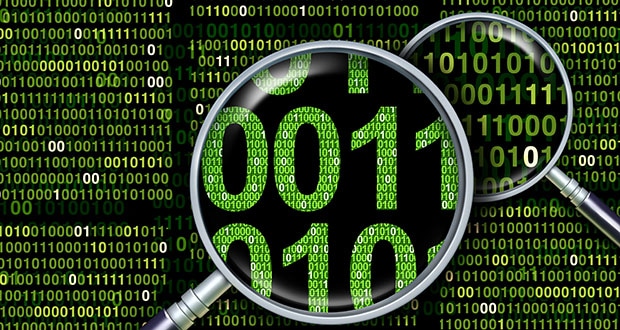
My fourth article for Minnesota Lawyer changes it up a bit and expands on the series title “Exemplary Evidence“. Instead of writing about the technology, I draw a parallel between essential legal services and digital forensic coronavirus response. COVID-19 cases are essential cases and present new challenges for lawyers representing clients during a pandemic.
Evidence Recovery During the Pandemic
Digital forensics cases are also essential cases. Lawyers need responsive evidence recovery during the coronavirus pandemic to overcome new challenges. Digital forensic examiners must be available to assist lawyers when needed to provide answers and evidence expertise to sustain effective advocacy. And they must perform digital forensic examinations that go to the heart of issues upon which cases turn.
The fundamental tenet of digital forensics is to keep the evidence safe. And often that translates into urgent evidence preservation. Timeliness is everything in digital forensics. But the need for immediate attention can go further. We must keep people safe while pursuing these lofty goals for digital evidence recovery during the coronavirus pandemic. Best practices are an effective way to do it.
Coronavirus Plans
To keep clients and couriers safe, digital forensic examiners have written coronavirus plans. The plans describe best practices for prudent evidence handling during a pandemic. For example, they require contactless device pickups from client and third party locations and delivery to the digital forensics lab. They rely on overnight shipping of devices to and from the lab. And they leverage contactless, electronic delivery of digital evidence from the lab directly to lawyers in the office or working from home. Plans mandating best practices for digital evidence recovery during the coronavirus pandemic keep both evidence and people safe.
To learn why essential cases during the pandemic are often digital forensics cases, read on at Minnesota Lawyer here.


